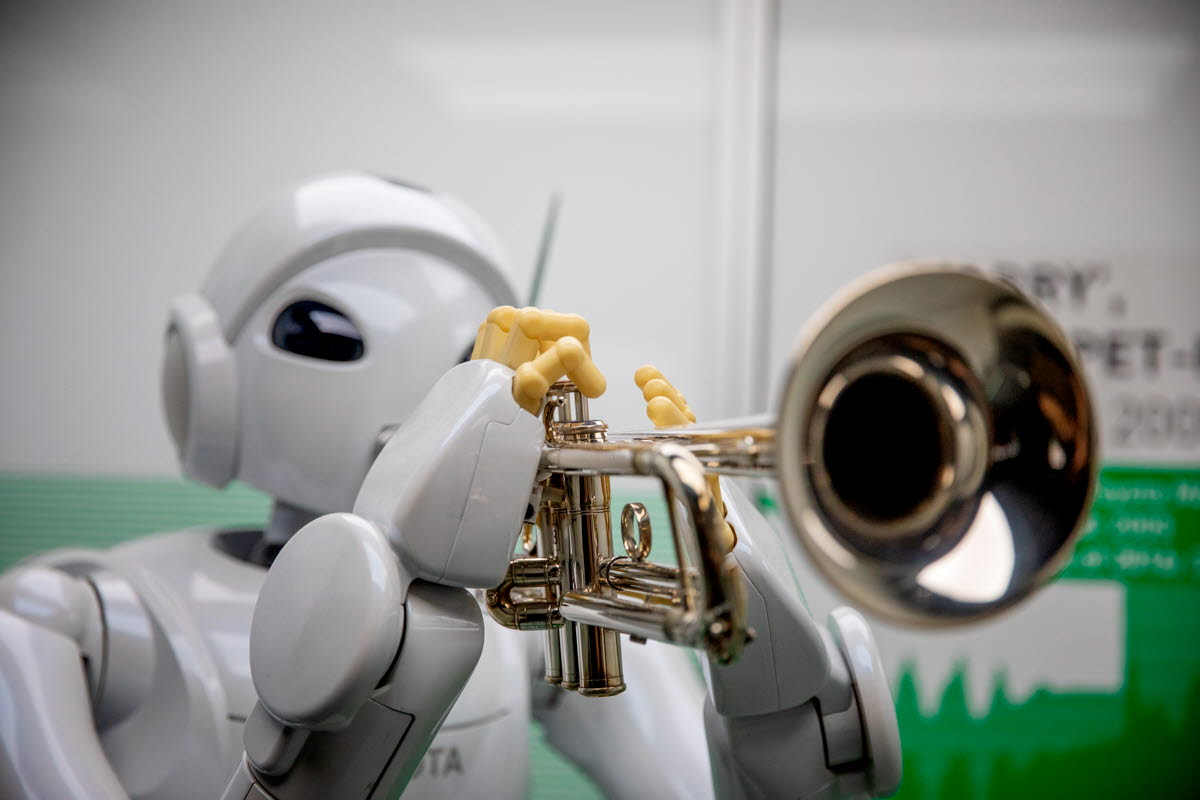
What is copyright?
Copyright gives artists, photographers, authors and other creators the exclusive right to decide how their own work may be produced, disseminated and displayed. This protection lasts for 70 years after the creator's death.
Copyright arises directly through the creation. No registration with any authority or a notary public is therefore necessary. Through a number of international agreements, copyright also applies directly in many countries.
The general rule is that it is the "the person who created" a work who becomes the holder of the exclusive rights. The creator of a work is often called the “author”, regardless of their gender or age.
The creator, or the author, has the exclusive right to decide who may produce copies of the work. This is known as economic right. They also have the exclusive right to decide how, or if, the work should be made available to the public, whether it is published on the internet or distributed in other ways.
Within copyright law, there is also something called "moral rights". Moral rights mean that the author must be named when a work is made available to the public. In addition, others may not alter a work or use it in a context which is considered to be offensive or insulting to the author. This type of moral right can generally not be waived through an agreement.
The Copyright Act
The Act on copyright concerning literature and artistic works, or the Copyright Act as it is usually known, dates from 1960. Today, copyright-protected works generate billions, and copyright is highly relevant as many things we encounter daily, such as music in stores or images on social media, are protected by copyright.
What may be protected?
Copyright protects many different phenomena:
- Texts
- Computer programs
- Music
- Theatre
- Movies
- Photographies
- Visual arts
- Architecture
- Applied art
- Works that have been expressed in other ways
There are also a number of related rights, such as those for artists, companies in the recording, broadcasting and movie industries, photographers and database producers.
The term “work” and sufficiently original
Not all texts, songs and paintings are protected by copyright. What is required in order for a song, for example, to be covered by copyright is that it is considered to be a work in the sense of the law. The term “work” means that the song is sufficiently original. That assessment is difficult and disputes may in the end be settled by courts. A simple general rule is that if it is unlikely that two persons would create, for example, a text identically or similarly, the text is probably sufficiently original to qualify as a protected work.
Note that only the form of the text is protected, not the ideas as such, or concepts. Often, the requirements for copyright protection are considered to be relatively low.
What to do in case of infringement
If the holder of a copyright discovers that someone is violating the exclusive right, there are a number of different options for action.

